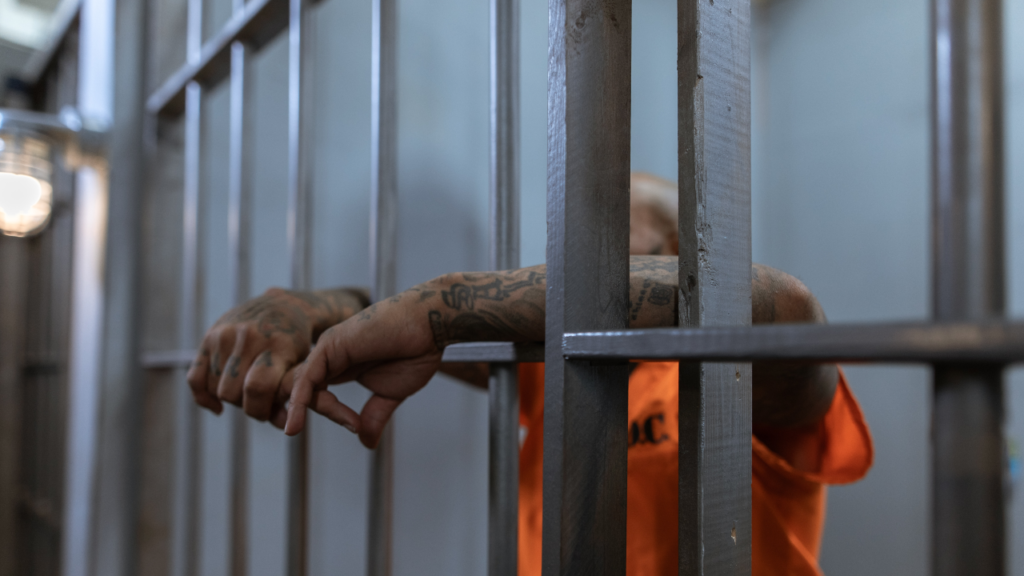
VANCOUVER — A civil liberties group has filed a lawsuit against the federal government over solitary confinement, two years after the top courts in British Columbia and Ontario ruled there has been a violation of prisoners’ constitutional rights.
The B.C. Civil Liberties Association alleges in a notice of civil claim filed in British Columbia Supreme Court that the conditions of solitary confinement infringe on federal inmates’ charter rights, arguing they are exposed to physical, psychological, social and spiritual trauma.
Grace Pastine, the association’s litigation director, said thousands of inmates are still being isolated in their cells for 22 hours a day or more with little access to human contact, despite promised reforms.
“Wardens at federal prisons continue to isolate people for days, weeks and months at a time as a routine form of prison management,” she told a news conference Wednesday.
Long periods of isolation have a disproportionate impact on Indigenous and racialized people or those with mental disabilities, says the notice of claim, which names the Attorney General of Canada as a defendant.
The lawsuit alleges that inmates who experience extended use of restrictive movement routines and lockdowns “are observed to suffer from a wide variety of adverse effects” including anxiety, hallucinations, panic, paranoia, self-harm, social withdrawal, and suicidal thoughts and behaviours.
A statement of defence has not been filed with the court. A spokesman for Justice Canada said the Correctional Service of Canada would respond to a request for comment on the lawsuit, but the agency did not immediately provide a response.
None of the allegations made in the notice of civil claim have been tested in court.
The Correctional Service launched so-called structured intervention units at 15 prisons across the country in November 2019, months after the British Columbia Court of Appeal and the Ontario Court of Appeal ruled Canada’s administrative segregation regime violated inmates’ charter rights.
It said then that the units would bring “transformational and historic changes” to eliminate disciplinary segregation. It said the cells had windows and provided access to a yard for inmates, who would receive health assessments. Visitors, legal counsel and spiritual leaders were also given access, the same as for others in the prison system.
However, senior counsel Megan Tweedie of the civil liberties association said in an interview that the units are “essentially solitary confinement by another name.”
Tweedie said efforts have been made to deal with the problem through internal grievance processes.
“Nothing’s happening,” she added. “So we’re stepping in to fight that fight for them.”
This report by The Canadian Press was first published Oct. 13, 2021.
Camille Bains/The Canadian Press




